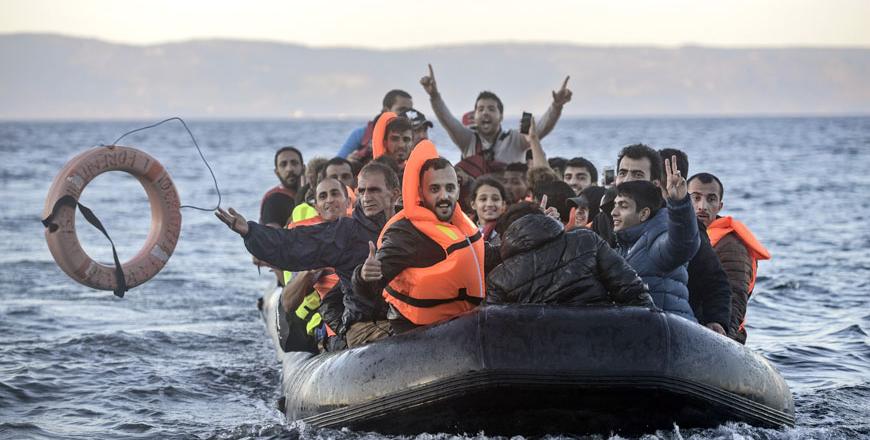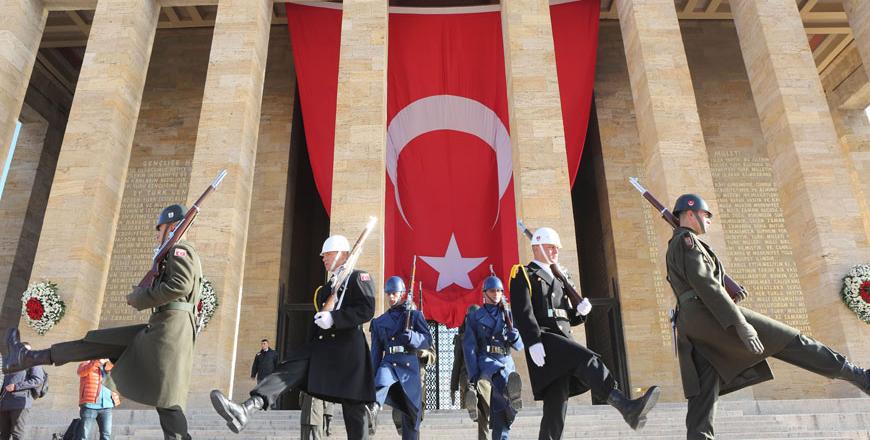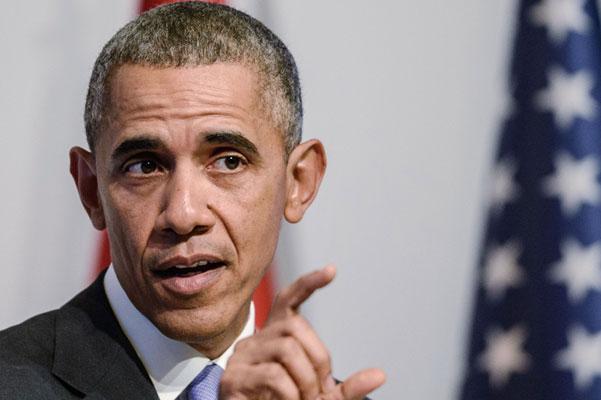You are here
Fallout from Syria looms large as G-20 leaders meet on global economy
By Reuters - Nov 12,2015 - Last updated at Nov 12,2015

Migrants and refugees arrive on the shore of the Greek island of Lesbos after crossing the Aegean Sea from Turkey on Thursday (AFP photo)
ISTANBUL/WASHINGTON — Syria's war, migration and the fight against terrorism will force their way onto the agenda when world leaders meet this weekend in Turkey, a country straddling Europe and the Middle East and struggling with the fallout from all three.
Leaders of the Group of 20 major economies (G-20), including the United States, China, Japan, Russia, Canada, Australia and Brazil, are to meet on Sunday and Monday in the Mediterranean resort of Antalya primarily to discuss global economic issues.
But the summit takes place just 500km from Syria, whose four-and-a-half year conflict has seen Daesh militants transform into a global security threat and spawned Europe's largest migration flows since World War II.
While the talks will largely focus on economic challenges such as boosting global growth, the fallout of expected US rate hikes, and China's rebalancing, the leaders will also discuss the fight against terrorism and the refugee crisis.
Several officials said it was only the second time that the G-20, founded in 1999 to promote global financial stability, would formally tackle issues outside its core remit of coordinating international economic policy.
"As the G-20 leaders gather in Turkey this weekend, they will have on their minds heartbreaking images of displaced people fleeing countries gripped by armed conflict and economic distress," Christine Lagarde, head of the International Monetary Fund, said in a blog ahead of the summit.
"Migration is a global issue. We must all work together to address it," she wrote.
But with so many divergent agendas it remains to be seen whether the G-20 will be able to shed its "talking shop" image. The EU expects a battle to have migration even recognised as global issue with some states, including Russia and China, reluctant to discuss it at the summit.
Several officials said reference would be made to the migration crisis in a communique, meaning the wording would have to be agreed by all G-20 members, although they doubted it would go far beyond platitudes.
Turkey, which has taken in more than 2.2 million refugees from Syria and Iraq and has so far largely shouldered the burden alone, is keen to have a strong statement.
Ussal Sahbaz, director of the G-20 studies centre at Turkish research foundation TEPAV, said the G-20 would prefer to frame the refugee issue in terms of their positive economic contribution, and a strong message was unlikely to emerge.
Conflict over Syria
Turkish President Recep Tayyip Erdogan said on Wednesday he wanted G-20 leaders to discuss the conflicts in Syria and Iraq at the summit, although here again conflicting agendas mean there is little prospect of any major breakthroughs.
Turkey has seen its worst nightmare unfold in Syria. Ankara faces not only the threat from the Daesh terror group, but also the prospect of President Bashar Assad, shielded by Russia and Iran, holding on to power, while Kurdish rebels backed by the United States make territorial gains.
US officials acknowledge Russian President Vladimir Putin will be far from isolated as he was at last year's G-20 in Brisbane, Australia, when President Barack Obama spearheaded Western criticism of Moscow's role in Ukraine.
The two leaders are considered unlikely to hold formal talks, but White House spokesman Josh Earnest said this week he could not rule out an encounter "in the hallway ... or in some other place where they have an informal opportunity to talk".
Obama is however almost certain to hold one-on-one talks with Erdogan, and is likely try to ease differences over the fight against Islamic State in Syria, especially the role of Kurdish fighters.
Turkey, which opened its air bases in July to the US-led coalition against Islamic State, sees advances by Syrian Kurds along an area abutting Turkey as a threat to its security, fearing they could stoke separatism among its own Kurds.
Divergent policy paths
Economic discussions will centre on three main issues at the summit: the risks to financial stability from sharply divergent monetary policies in the United States and Europe, China's slowing growth and its transition from an export to a consumer economy, and the impact of slumping commodities prices.
The world's top two central banks, the European Central Bank and US Federal Reserve, appear poised respectively to ease and tighten monetary policy, divergent paths likely to trigger a series of jolts in financial markets.
A senior US Treasury official said on Tuesday Washington would urge those at the summit to use monetary, fiscal and structural tools to offset a shortfall in global demand. Obama is seen as going into the meetings with a strong hand.
"The US is the only country, really, in the G-20 that is on a positive growth trajectory," said Matthew Goodman, a former Obama foreign policy adviser now at the CSIS think-tank in Washington. He noted it had also just sealed the Trans-Pacific Partnership grouping 12 Pacific rim countries, a pact aimed at freeing up commerce in 40 per cent of the world's economy.
G-20 leaders will also be asked to endorse the last major financial reform meant to end the phenomenon of "too big to fail" banks in the wake of the 2007-09 financial crisis.
The reform requires the world's 30 top banks to issue a buffer of bonds by 2022 that can be written down to raise funds equivalent to 18 per cent of risk-weighted assets, if the lender goes bust.
The aim of the buffer, known as total loss-absorbing capacity or TLAC, is to let a big bank fail without creating the kind of mayhem in markets seen after Lehman Brothers went bust in 2008, triggering taxpayer bailouts of other lenders.
Related Articles
BELEK, Turkey — US President Barack Obama vowed on Sunday to step up efforts to eliminate the Daesh terror goup in Syria and prevent it from
ANKARA — President Recep Tayyip Erdogan said on Wednesday he wanted world leaders to discuss conflicts in Syria and Iraq at a G-20 summit in
BELEK, Turkey — World leaders vowed tighter border controls, more intelligence sharing and a crackdown on terrorist financing after the Pari













